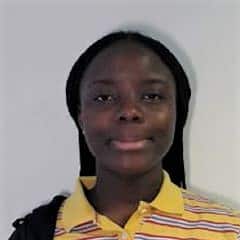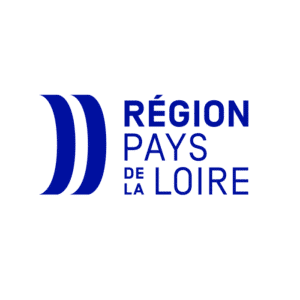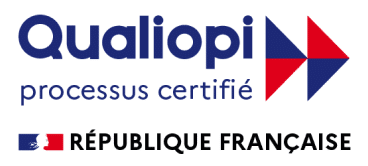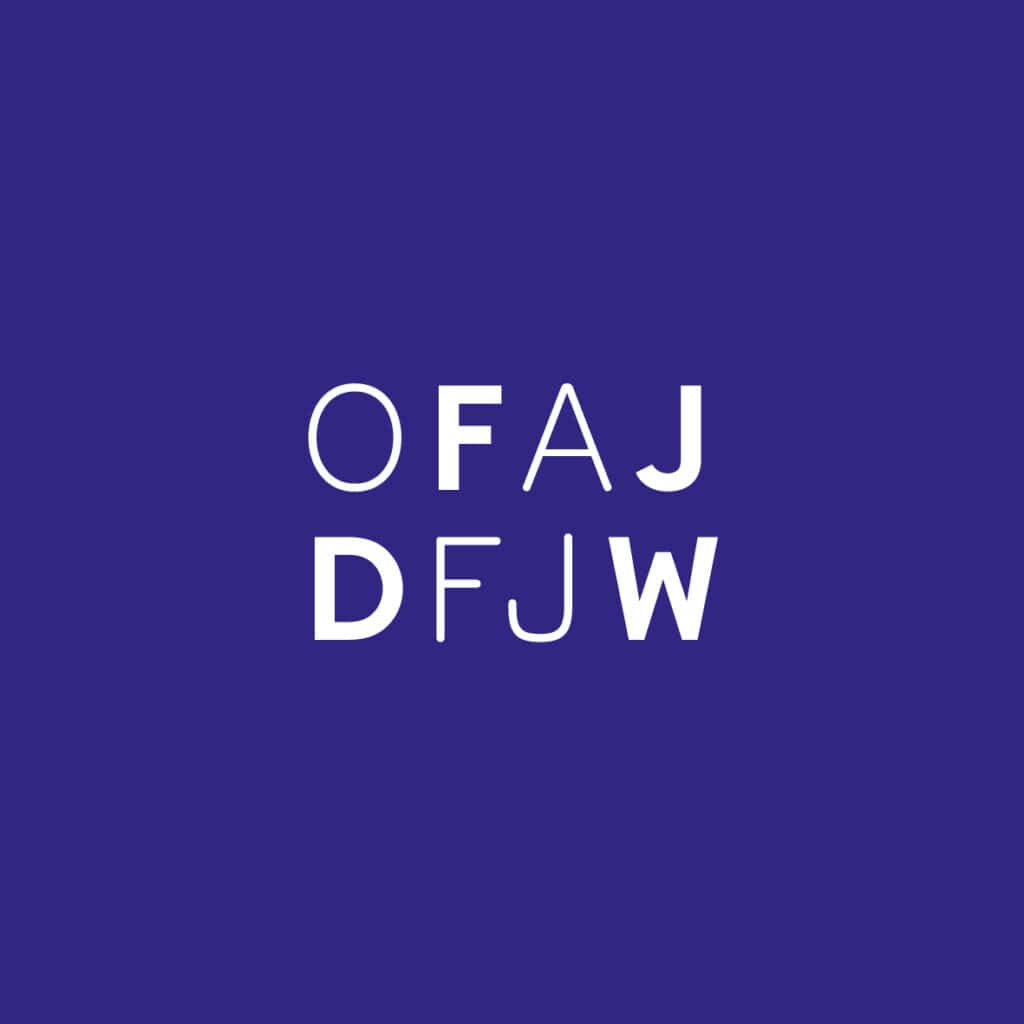Our school & courses
ETSCO: success and professional integration
The École Technique Supérieure de Chimie de l’Ouest was founded in 1950, at the crossroads between high school, university studies and the professional world.
Some 250 students study here each year in BTS courses, either in school or as apprentices (under contract with a company). Only school-based courses are eligible for international students. The fields of expertise for international students are chemistry and water. Our training courses are technical in nature, and half the time spent in class is devoted to hands-on learning.
The ETSCO team puts all its energy into the school’s project, which is based on exam success, professional integration, the possibility of continuing studies and the training of responsible, supportive young people.
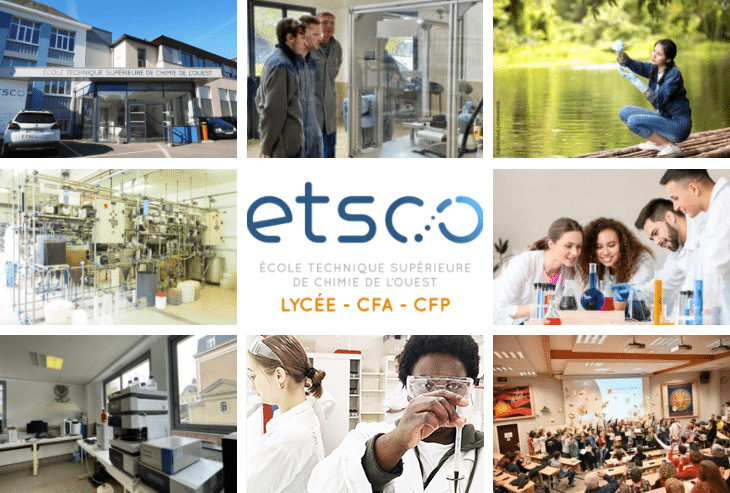
Chemistry Training
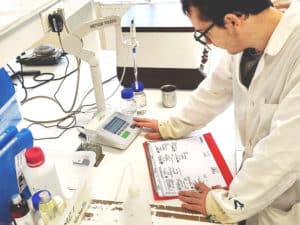
This 2-years course is designed to provide the skills needed to work as a chemical technician in quality control or research & development laboratories.
There are a wide range of career opportunities, and the holder of this diploma can work as :
Chemical analysis scientist in quality control laboratories in various sectors (petrochemicals, pharmaceuticals, cosmetics, perfumery, ink, paint, agrochemicals, etc.);
Research and development chemistry scientist involved in various stages of product design and development. They can develop the synthesis of new molecules (pharmaceuticals, polymers), take part in the formulation of new products (cosmetics, paints) or develop new analytical methods.
Water treatment Training
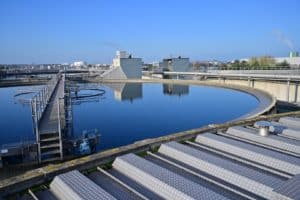
This Two-years course is an original, multi-disciplinary training program, with a combination of subjects all centered around the theme of water. The objectives of this course are as follows:
- To take an interest in the technologies involved in water production, treatment, collection and distribution, and in the monitoring of installations or worksites in public or private structures;
- Skills in scientific and technological disciplines : biotechnologies, industrial sciences and techniques, physics-chemistry, mathematics;
- Interpersonal skills enabling them to lead teams and projects;
- Fluency in both written and spoken communication, with a view to leading teams and projects.
There are numerous career opportunities in fields as varied as drinking water production, wastewater treatment, industrial water management and the environment. You can also work for local authorities or with manufacturers.
Apply to ETSCO
If you are a national of an EU country, Iceland, Norway, Liechtenstein, Andorra, Monaco, San Marino, Switzerland or the Vatican, you simply need to apply via the « parcoursup » platform.
If you are from outside the EU
The « Studies in France » procedure only applies to students residing in one of the following 67 countries: Azerbaijan, Algeria, Argentina, Bahrain, Benin, Bolivia, Brazil, Burkina Faso, Burundi, Cambodia, Cameroon, Canada, Chile, China, Colombia, Comoros, Congo, Côte d’Ivoire, Djibouti, Ecuador, Egypt, Ethiopia, Gabon, Georgia, Ghana, Guinea, Haiti, India, Saudi Arabia, South Africa, South Korea, United Arab Emirates, United States, Indonesia, Iran, Israel, Japan, Jordan, Kenya, Kuwait, Lebanon, Democratic Republic of Congo, Madagascar, Malaysia, Mali, Mauritania, Mauritius, Mexico, Morocco, Nepal, Niger, Nigeria, Peru, Qatar, Russia, Senegal, Singapore, Taiwan, Thailand, Togo, Tunisia, Turkey, Ukraine, United Kingdom, United Arab Emirates, United States, Vietnam.
To apply for 1st year, you must :
submit your application on the « parcoursup » platform
and follow the « Études en France » procedure at the same time.
Lost in the « parcoursup » procedure? Contact your ETSCO advisor: frederic.launay@etsco.fr
Whatever your situation, the Espace Campus France in your country will be happy to help you.
Whatever your situation, the Espace Campus France in your country is at your disposal to help you with your application.
In parallel with your Parcoursup application, you need to apply for a visa.
- France-visas.gouv.fr is the official website for visas to France. With just a few clicks, France visas lets you find out if you need a visa to come to France, and what type of visa to apply for.
- Nationals of countries in the European Economic Area (EU), Iceland, Norway, Liechtenstein, Andorra, Monaco, San Marino, Switzerland and the Vatican do not need a visa to study in France.
- Nationals of countries outside the European Union must obtain a visa before arriving in France to study.
If you come from a country where there is a « Study in France » procedure, you must first apply via the Campus France website at this link.
If you come from a country where the « Études en France » procedure does not exist, you must contact the French consular authorities in your country of residence at least three months before departure.
- In order to obtain your visa, you will need to provide a number of documents specified by the French consular service, including the following:
- Proof of admission or pre-registration at ETSCO
- Proof of income: the minimum income required is set by each French embassy (approx. €615 per month).
- Valid passport
- Proof of accommodation
Parcoursup sets the pace for post-bac recruitment. Follow the steps below and don’t miss out!
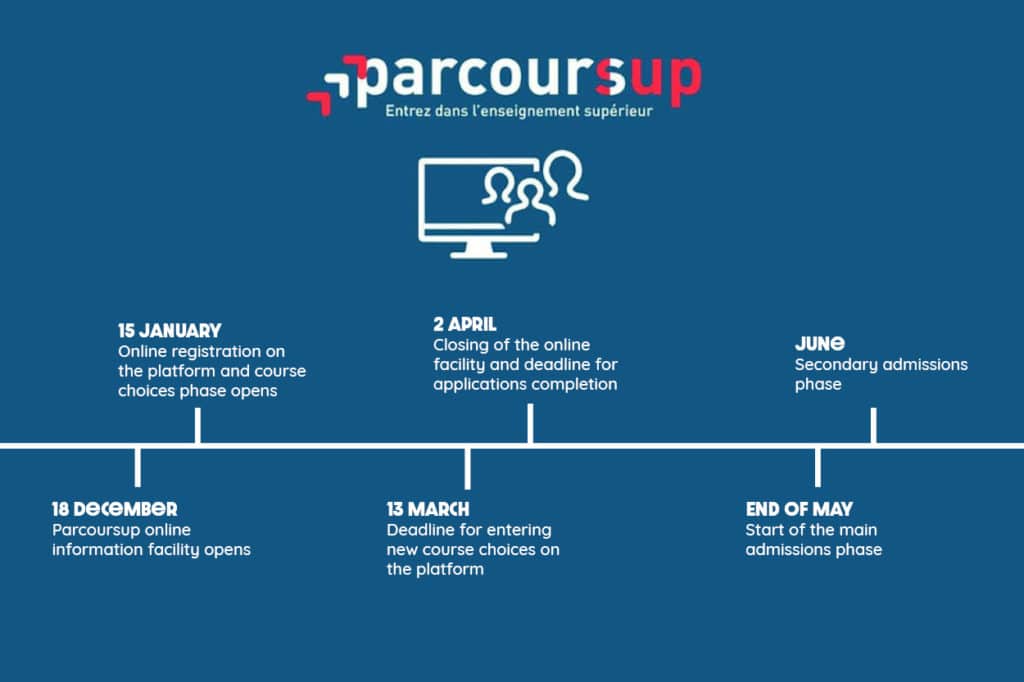
Steps you can take to come and study
School enrolment
Once you have been accepted onto one of our courses via the parcoursup application, a deposit of 560 euros is required to confirm your enrolment. This deposit includes a processing fee of 150 euros, which will not be reimbursed in the event of visa refusal. On receipt of this payment, we will send you a registration pack and, if required for your visa application, a registration certificate. You can return the completed registration form to us when you arrive at the school.
The total cost of the course is 1960 euros. After payment of the deposit, the remainder of the course can be paid in 1, 4 or 8 instalments by direct debit during the school year.
The cost of the course includes :
- tuition fees, administration fees,
- school insurance,
- course materials,
- an Office 365 license valid for the duration of the course,
- access to housing service,
- access to the university health service,
- access to the ETSCO photocopier.
Non-EU students: validating your visa
When you arrive in France, if you have obtained a long-stay visa valid as a residence permit, you must validate it within 3 months of your arrival. This procedure, which is compulsory, is carried out online at https://administration-etrangers-en-france.interieur.gouv.fr/.
To do this, you’ll need a valid e-mail address and :
- the information on your visa
- your date of arrival in France
- your address of residence in France
- a payment card to pay the residence permit fee online (if you don’t have a payment card, you can buy an electronic stamp in cash).
You will then receive proof of the validity of your visa, which is valid as a residence permit. Keep this document with you at all times.
Further information on visa validation: https://www.campusfrance.org/fr/comment-valider-votre-visa-long-sejour-a-votre-arrivee-en-france
Opening a bank account
You can bring cash for the first few days, but for peace of mind, check with your bank that your bank card works in France. Cash dispensers are plentiful and payment by bank card is widespread, even for small sums.
Opening a bank account in France can take up to 2 weeks and require several documents. Opening a bank account is highly recommended for managing your budget (paying bills by direct debit, reimbursing medical expenses, etc.).
You’ll need to provide the following documents:
- school certificate or student card.
- proof of identity (passport or identity card)
- copy of your visa for non-European students
- proof of residence in France (CROUS certificate of residence for students staying in halls of residence, bill, rent receipt, etc.).
Opening an account is generally free of charge. However, certain services may be subject to a fee (bank card, overdraft authorization, etc.).
Health
Are you a European national? Apply for the CAEM card. It’s free and entitles you to reimbursement of up to 70% of healthcare costs (doctor’s consultations, medical examinations, etc.).
Are you from outside the European Union? We strongly advise you to apply for social security as soon as possible after registering at ETSCO. Log on to https://etudiant-etranger.ameli.fr, available in French, English and Spanish.
ETSCO students also have access to the Service de Santé Universitaire (S.S.U.). The SSU is a joint service of the University of Angers, open to the entire student community. Doctors, nurses, psychologists and social workers are available free of charge in Angers.
You can make an appointment by telephone, e-mail or directly via the SSU application. To book an appointment online: https://rdv-sumpps.univ-angers.fr/ or by e-mail: secretariat-ssu@univ-angers.fr or by phone:
SSU reception: 02 41 22 69 10
Social Services: 02 41 22 69 10
Accommodation
University residence accommodation:
Contact CROUS directly (www.trouverunlogement.lescrous.fr). CROUS offers the following types of accommodation:
- Rooms in university halls of residence (€254.8/month): 9m² rooms with individual shower/sanitary cubicle, refrigerator, built-in furniture and shared kitchen. 18m2 studios
- Private accommodation, single or shared: our school has signed an agreement with the housing service of the Université Catholique de l’Ouest (https://angers.uco.fr/fr/se-loger-angers). Once you’ve enrolled at ETSCO, you can reserve your accommodation (studios, shared rooms, rooms in private homes, etc.) with trusted landlords and benefit from personalized support.
Catering
Our students have access to the Crous(S)pace’ Rabelais university catering area, which offers a self-service takeaway and a Cafet’ area where students can enjoy a range of cold (salads, sandwiches, dairy products, various drinks, etc.) and hot (pasta, quiches, burgers, etc.) dishes. It’s a 2-minute walk from the school.
To do this, simply complete the registration form on arrival at the school. The school will contact the Crous to complete your registration. Then simply follow the instructions in the e-mail you receive in your student mailbox. This email will provide you with your login and password, which will enable you to access the wallet from the https://mon-espace.izly.fr website.
You’ll need to activate your Izly online wallet to pay for your meals at Crous(S)pace’ Rabelais via the website: https://izly.fr/.
Your card can be recharged from any computer or cell phone.
Modes of travel
Angers is 1 hour and 30 minutes by train from Paris, 40 minutes from Nantes and 1 hour from Cholet.
Getting around Angers is quick and easy, using both public and private transport. You can get around free of charge by bike, thanks to the bicycles loaned free of charge by the city of Angers to its residents.
You can also take the streetcar (5 min walk from the station), the 3 bus lines at the school gates and the train (10/15 min walk from the station).
International testimonials
